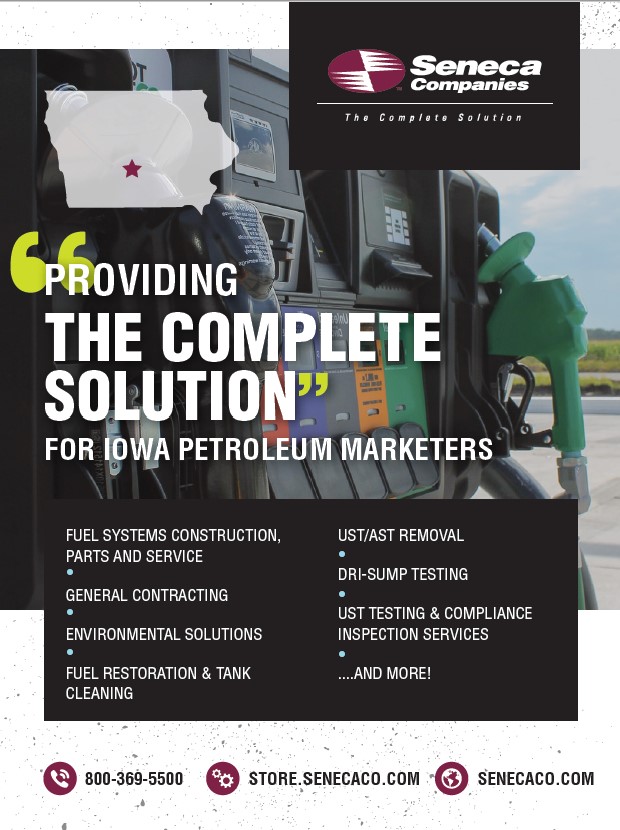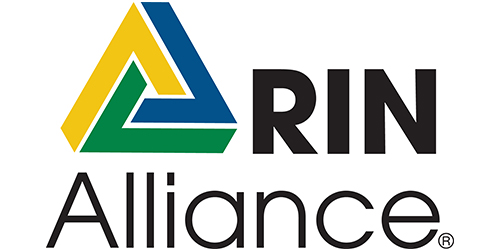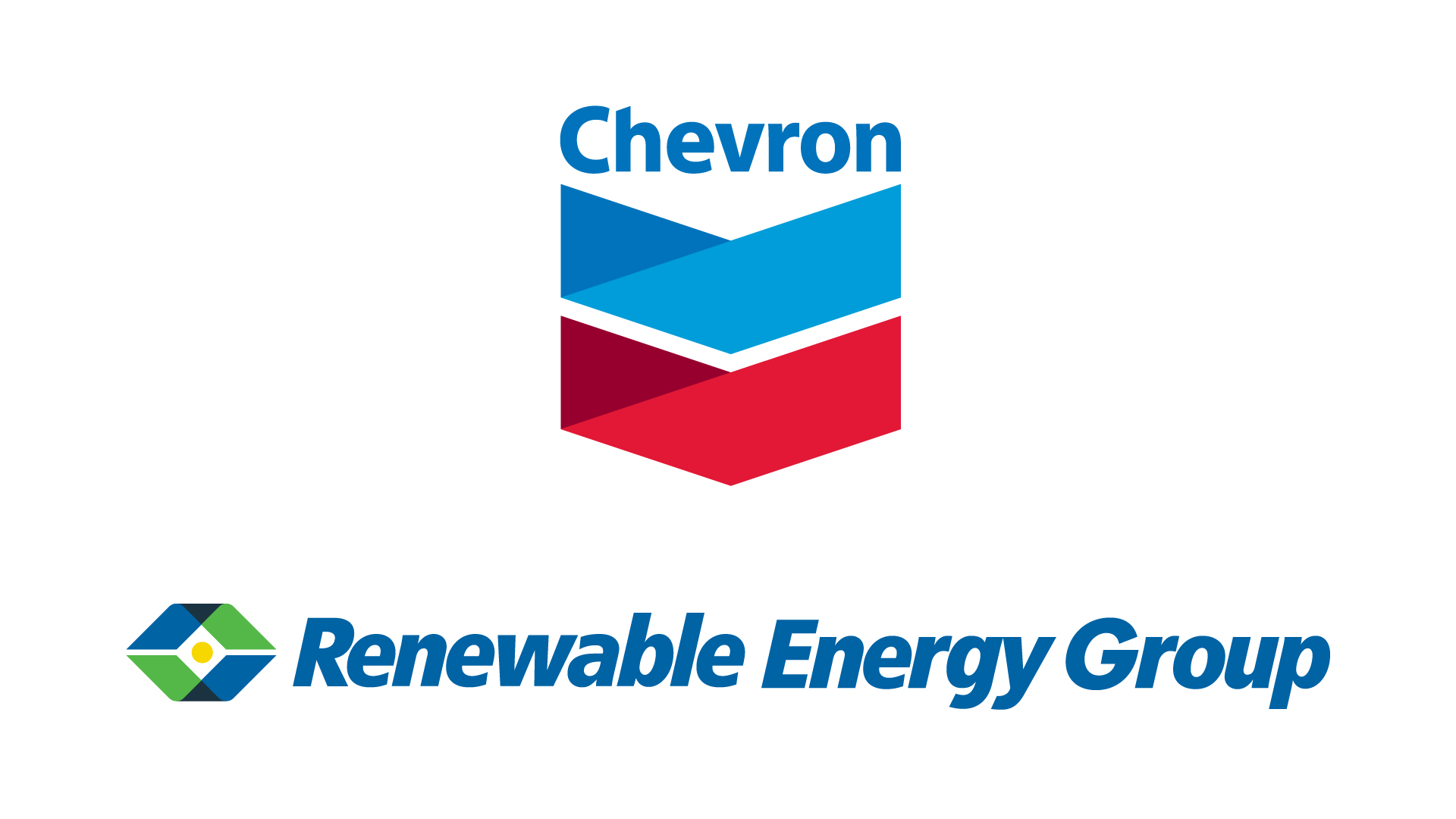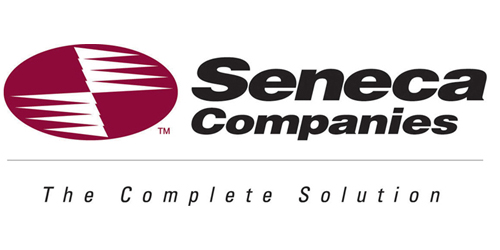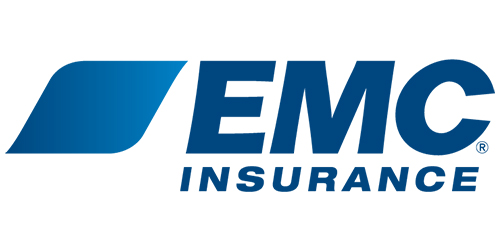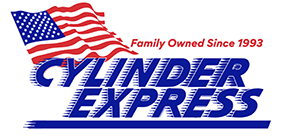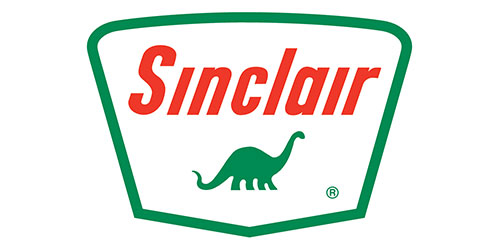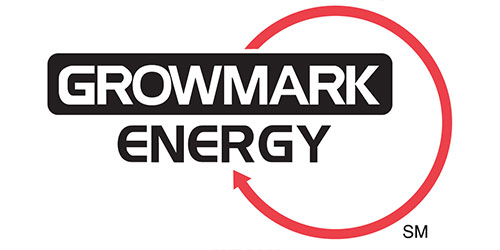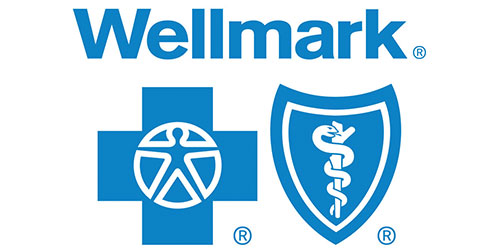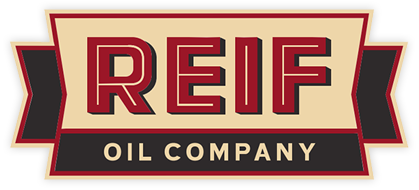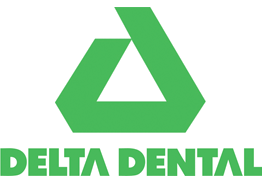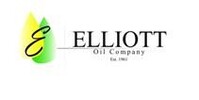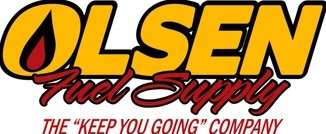
Coordinating Research Council Releases Study on the Cause of Accelerated Corrosion in UST Systems – From EMA
August 17, 2021 | 
The Coordinating Research Council (CRC), a non-profit research arm of the petroleum equipment and automotive industry, has released a final report on a major research project aimed at identifying causes of accelerated corrosion in underground storage tank systems containing ultra-low sulfur diesel fuel (ULSD). The study is important to energy marketers because accelerated corrosion is an ongoing problem that is more widespread than initially thought. Accelerated corrosion often resembles used coffee grounds and can quickly form on and disable newly installed UST equipment including submersible turbine pumps, drop tubes, sensor probes and certain dispenser components in as little as a month.
EMA has been an active participant in accelerated corrosion studies since the phenomenon was first identified in 2008. The CRC study follows earlier ULSD accelerated corrosion research conducted by the EPA and the Clean Diesel Fuel Alliance. Taken together, these earlier studies conducted in the field, suggest accelerated corrosion of drop tubes, submersible turbine pumps, sensor probes and dispenser components are widespread and involves microbial activity possibly brought on by ethanol contamination and water intrusion. In contrast, CRC study focused on laboratory, controlled-condition tests using corrosion “coupons,” small strips of metal subjected to various microbial activity. This in-lab approach was taken to isolate specific factors that could influence corrosion including sulfur content, water, microbes in the fuel, biodiesel content, ethanol contamination, and diesel fuel additives. In the study, different statistical measures were used to determine which factors truly impact corrosion. However, no conclusions were drawn on whether any one factor slightly increased or decreased corrosion. Nevertheless, the key findings of the study can be summarized as follows:
- Water, more than any other factor, clearly linked to corrosion. All test conditions with free water had corrosion.
- Microbial growth in tanks which have water links to increased corrosion. It is less clear that externally added microbe colonies caused greater corrosion than natural colonies.
- Fuel sulfur content did not have a strong correlation with corrosion. However, some analyses showed an increase in corrosion rates with increasing sulfur content.
- Biodiesel content in fuel also did not have a strong or clear correlation with corrosion.
- Ethanol has been found at very low levels in diesel fuel, likely due to cross contamination in handling. The combination of ethanol and some microbes can lead to acetic acid formation which might contribute to increased corrosion on the tank bottom or in the vapor space above the fuel level.
The full CRC accelerated corrosion report can be downloaded here.

